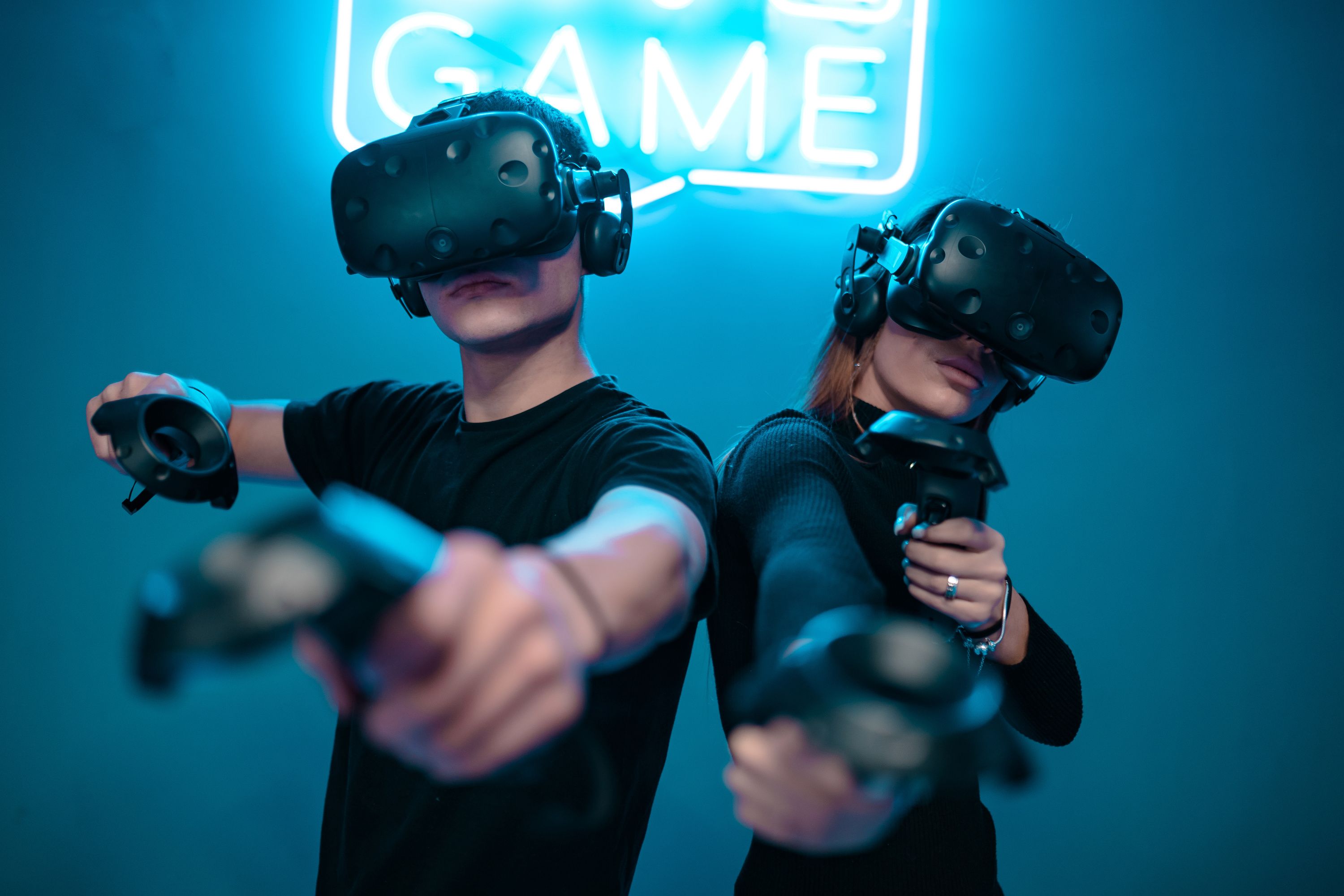Viva Resa: Your Gateway to Insightful Living
Discover news, trends, and tips for a vibrant lifestyle.
Why Virtual Reality is the Next Best Thing Since Sliced Bread
Discover why virtual reality is revolutionizing our world and why it's the breakthrough you didn't know you needed! Dive in now!
Exploring the Impact of Virtual Reality on Everyday Life
Virtual Reality (VR) has transcended its origins in gaming and entertainment to permeate various aspects of everyday life. From education to healthcare, VR technologies are reshaping how we interact with the world. For instance, in education, immersive experiences allow students to explore historical events or intricate scientific concepts as if they were actually there. This method enhances engagement and retention, making learning more exciting and effective. Furthermore, in the healthcare sector, VR is proving beneficial in treating conditions like PTSD and phobias by creating safe and controlled environments for exposure therapy.
Moreover, VR is increasingly playing a vital role in social interactions, particularly in a post-pandemic world where virtual engagements have become commonplace. Platforms such as Virtual Reality social networks allow individuals to connect in a simulated environment, fostering a sense of community despite physical distance. As VR technology continues to evolve, it is essential to consider the impact of virtual reality on mental health and social dynamics. While it offers exciting possibilities, it also raises questions about the balance between digital and physical interactions.

How Virtual Reality is Transforming Entertainment and Education
Virtual Reality (VR) is revolutionizing the way we experience entertainment. With immersive environments and interactive storytelling, VR allows users to engage in ways previously unimaginable. For instance, platforms like Oculus Experiences offer a variety of games and immersive experiences that transport users from their living rooms to far-off worlds. Additionally, VR concerts and events, such as those hosted by Insomniac, have gained popularity, enabling fans to attend live performances from the comfort of home. This level of immersion not only enhances user experience but also opens up new opportunities for content creators to engage their audiences.
In the realm of education, VR technology is proving to be a game changer. It provides students with unique opportunities for hands-on learning that traditional classrooms cannot offer. For example, Google Earth Education allows students to explore the globe virtually, examining geographical and historical landmarks in a deeply engaging way. Furthermore, medical training programs are utilizing VR simulations to provide students with realistic scenarios for practicing surgical techniques. As education evolves, the integration of VR not only boosts engagement and retention but also prepares students for future careers in an increasingly digitized world.
What Makes Virtual Reality the Next Big Thing in Technology?
Virtual reality (VR) is rapidly emerging as the next big thing in technology due to its ability to create immersive experiences that transcend the limitations of the physical world. Unlike traditional media, VR allows users to interact with a 3D environment, resulting in a highly engaging and realistic experience. Many industries are beginning to adopt VR for various applications, from healthcare and education to business and marketing. As the technology continues to improve, the potential applications seem limitless, promising a transformation in user experience and interactivity.
Another factor driving the rise of virtual reality is the increasing accessibility of the technology itself. With advances in hardware, such as affordable VR headsets and the proliferation of apps, more people can experiment with and utilize VR experiences in their daily lives. Additionally, the integration of social features allows users to connect and share experiences across platforms, further enhancing the appeal of VR technology. As we move forward, it is clear that virtual reality is not just a fleeting trend but rather a pivotal element shaping the future of technology.